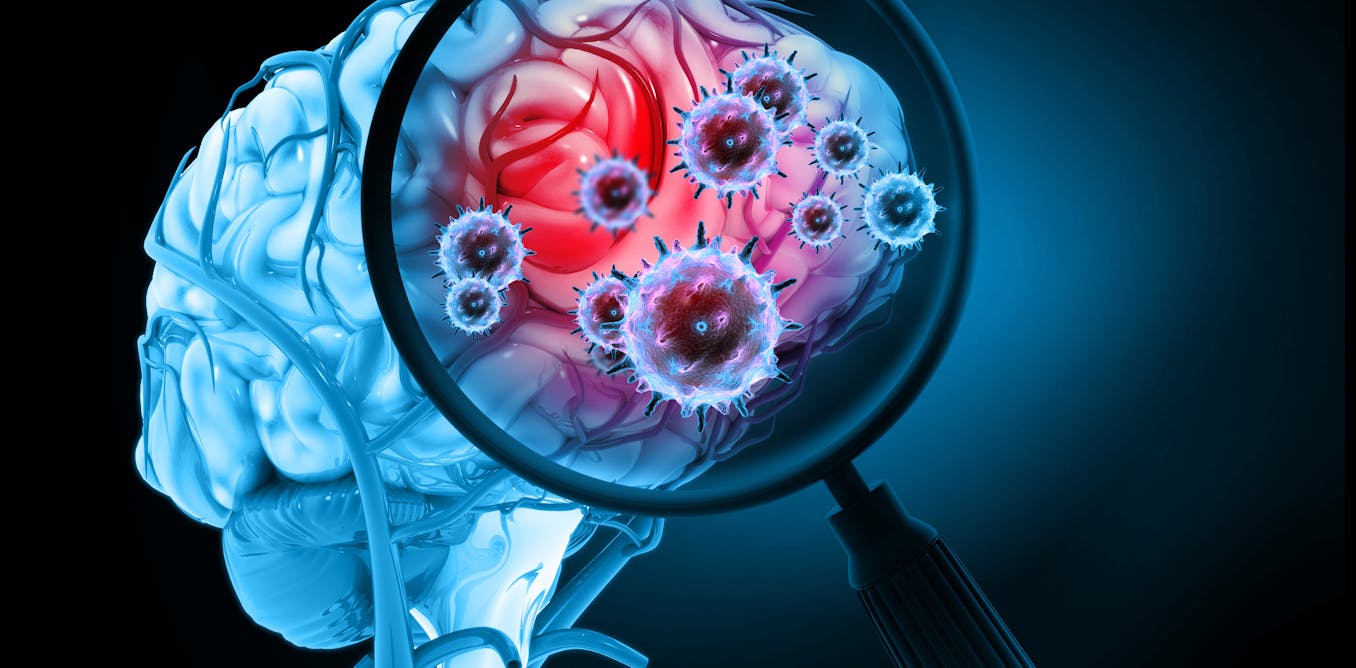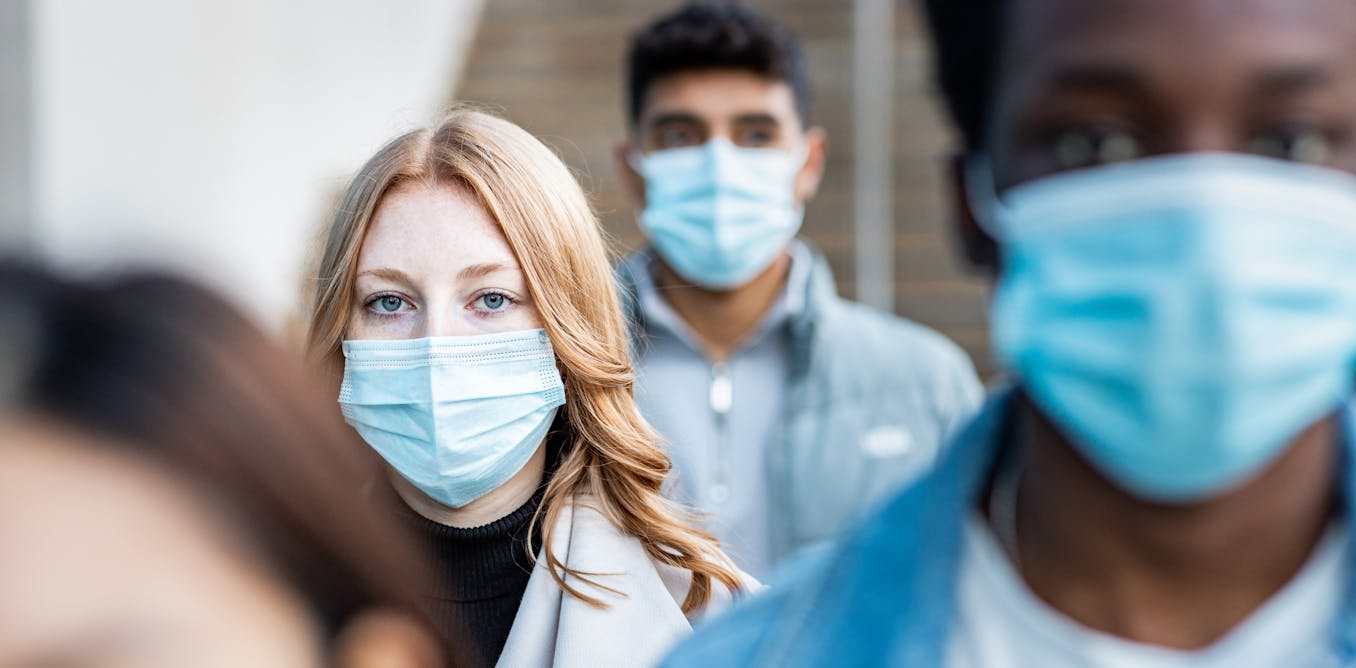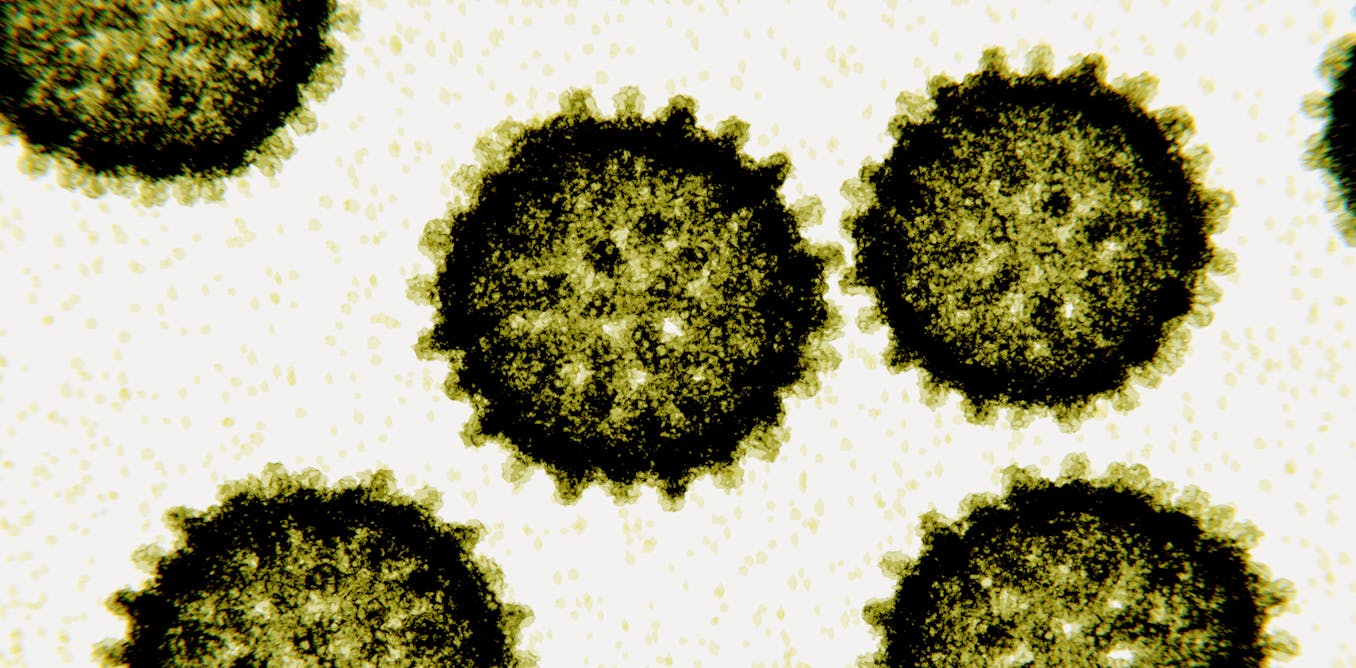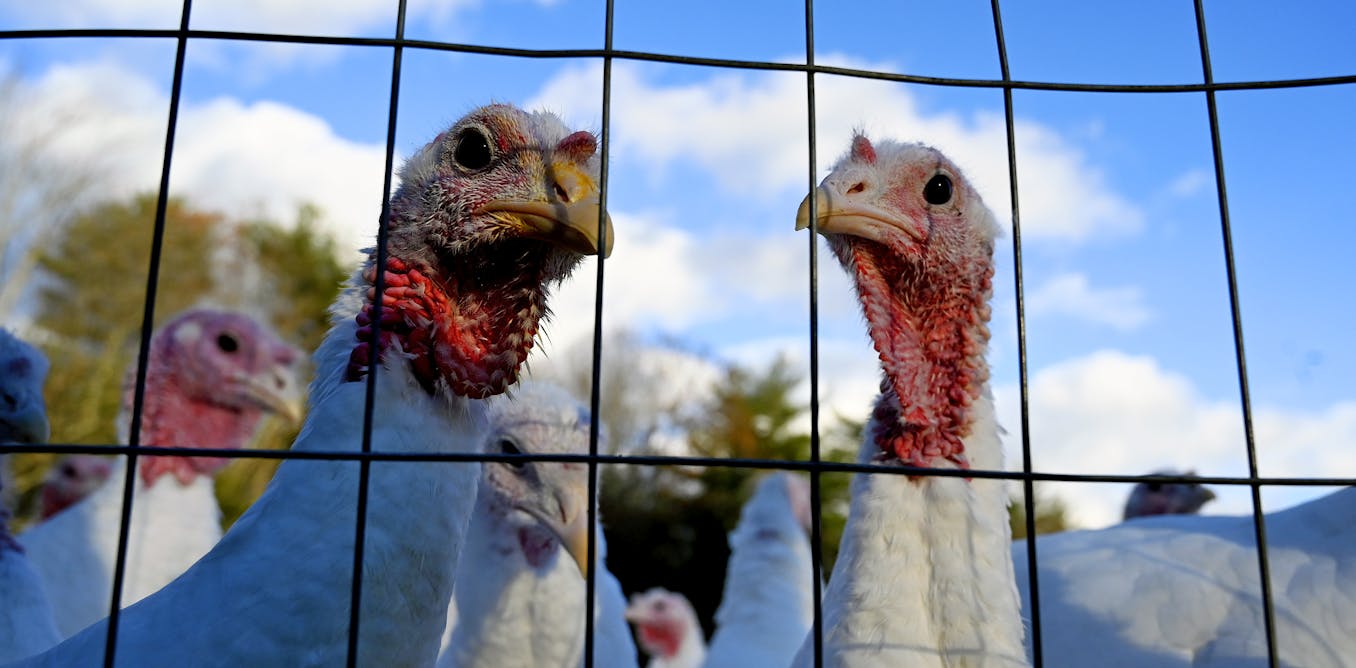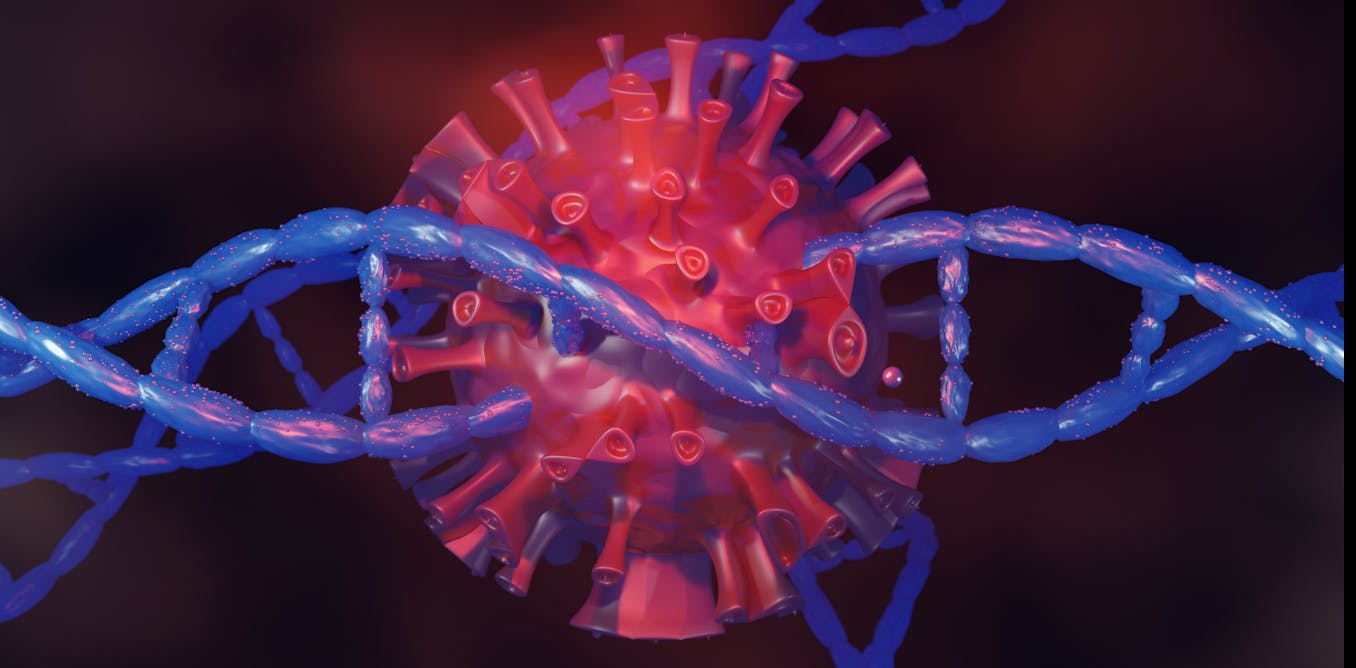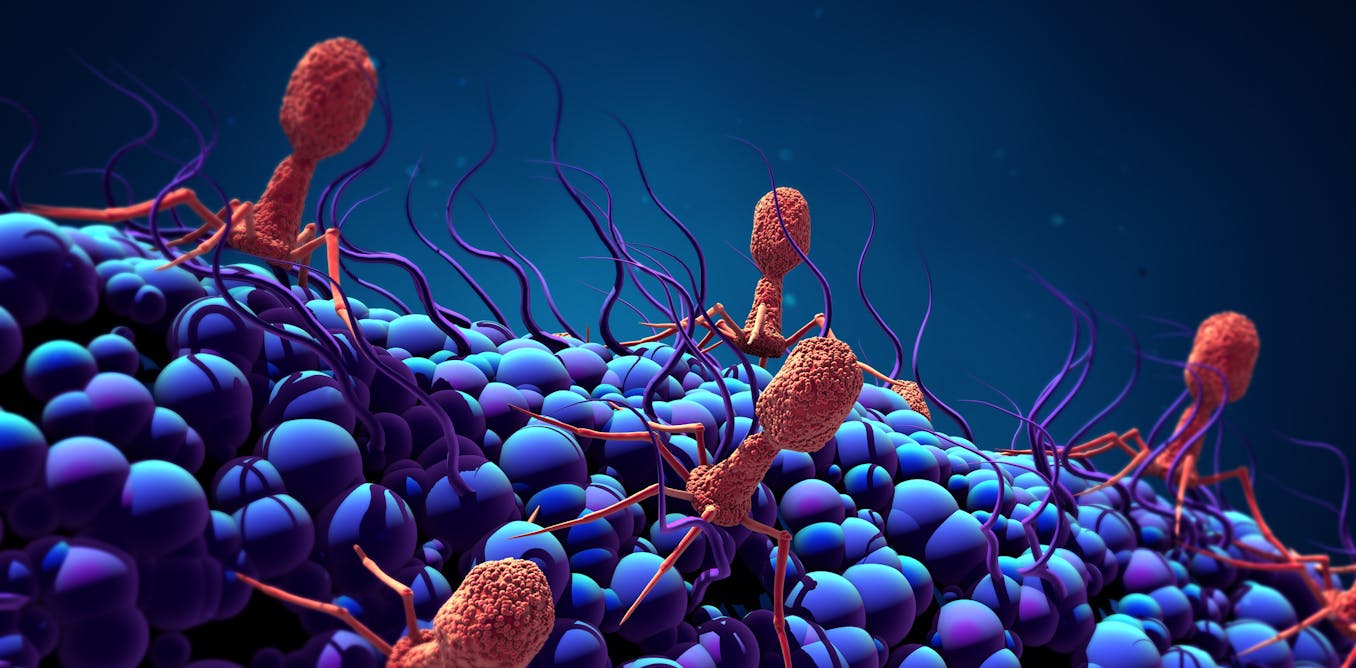Vaccination to prevent dementia? New research suggests one way viral infections can accelerate neurodegeneration
Inflammation and damage to the olfactory system from shingles, COVID-19 and herpes infections may contribute to Alzheimer’s disease.
Jan. 18, 2023 • ~9 min

